Meet Doximity Scribe
Doximity
JULY 23, 2025
Today, we’re excited to begin rolling out Doximity Scribe to the broader medical community. Scribe is a HIPAA-compliant, AI-powered clinical documentation tool that automatically generates notes during patient visits. physicians, NPs, PAs, and medical students. If you’d like early access, you can sign up here. No switching apps.


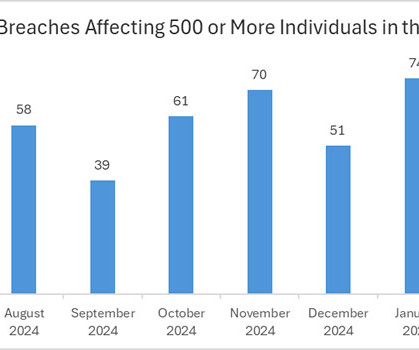




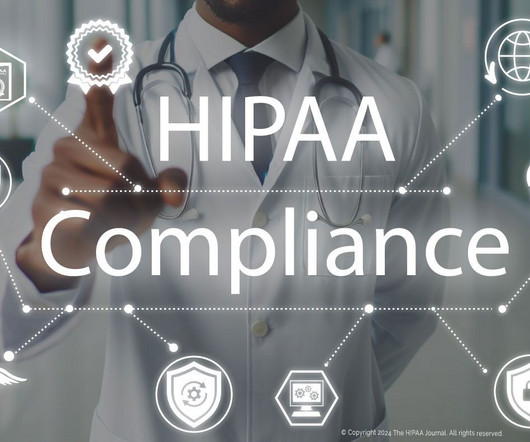
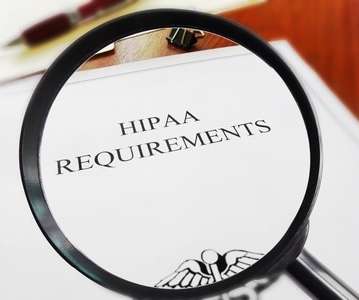

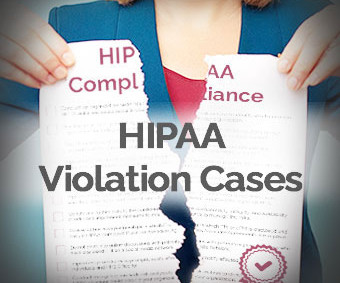

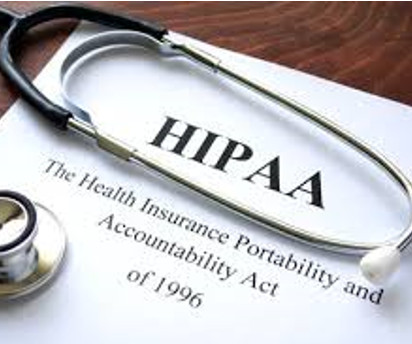










Let's personalize your content